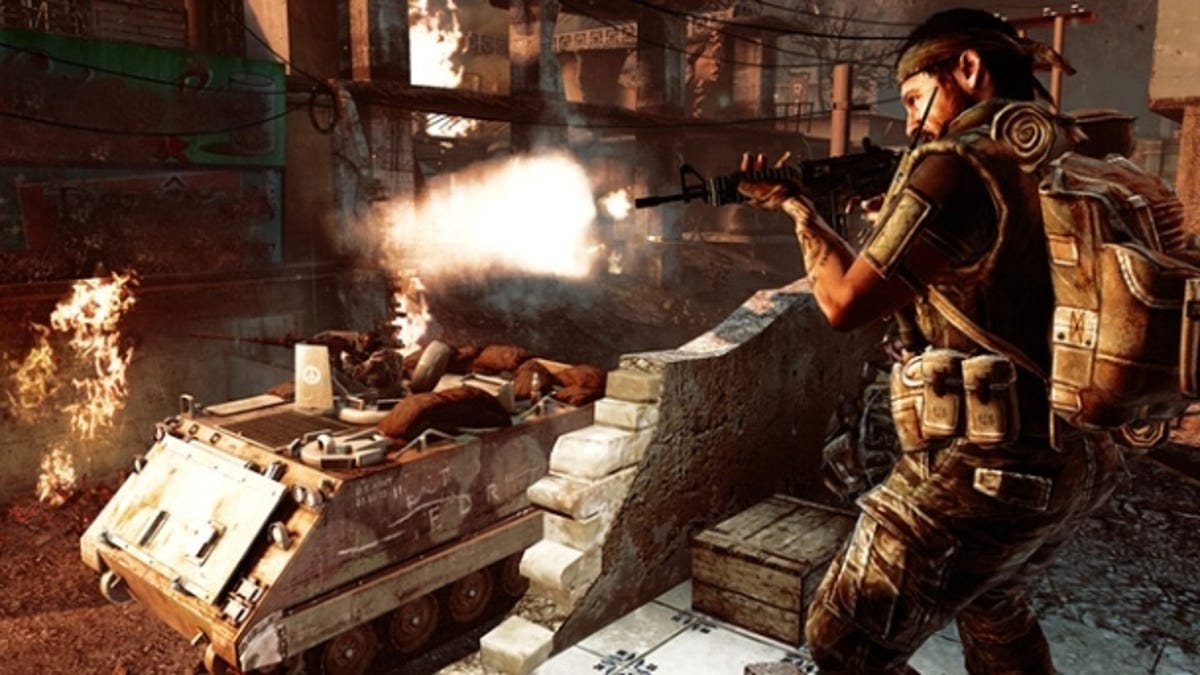THQ: Games should be priced at $40
Although $60 has become the standard price for Xbox and PS3 games, THQ's president says $40 titles will attract more customers and eventually help publishers make more money.

If you're tired of spending $60 for a video game, you should be hoping that THQ President Brian Farrell has some clout in the industry.
A $40 price tag for video games could benefit both gamers and publishers trying to generate more revenue, Farrell said yesterday at the BMO Capital Markets Digital Entertainment conference in New York City.
"Investors are thinking 'can we hold the $59.99 price point?' and what we're thinking about the business is turning it on its head a little bit," Farrell said at the conference, according to GamesIndustry.biz. "It's not how high a price we can get, but how many users we can get."
He told those in attendance that when THQ has dropped the price of one of its titles from $60 to $40, sales "just pop." He said that going forward, offering titles for $40 at launch could actually drive more revenue.
"With a series of downloadable content so people can extend their experience, people might end up spending $129.99," Farrell said, according to GamesIndustry.biz. "We think this type of game monetization is going to work."
Farrell's proposal is an interesting one. Downloadable content is quickly becoming important to publishers. In fact, Farrell said, it contributes 15 percent to 20 percent to THQ's revenue. But the proposal also speaks to the pressure the game industry might be feeling from popular casual games, like Angry Birds, available on nontraditional gaming platforms. In some cases, consumers can get their hands on a casual game from the many mobile application stores for free. And even great casual games that aren't free typically cost less than $5.
Nintendo and Sony have especially been feeling pressure from low-cost alternatives on mobile platforms. Research firm Flurry Analytics found that Apple's iOS platform owned just 5 percent of the mobile-gaming space in 2008. By the end of 2009, its market share was at 19 percent, though trailing Nintendo DS's 70 percent market share. Nintendo President Reggie Fils-Aime said recently that Apple can "hurt" Nintendo more than Microsoft over the short-term.
Whether Farrell's idea will be adopted by publishers and actually help console sales remains to be seen. But it's an interesting thought nonetheless.

